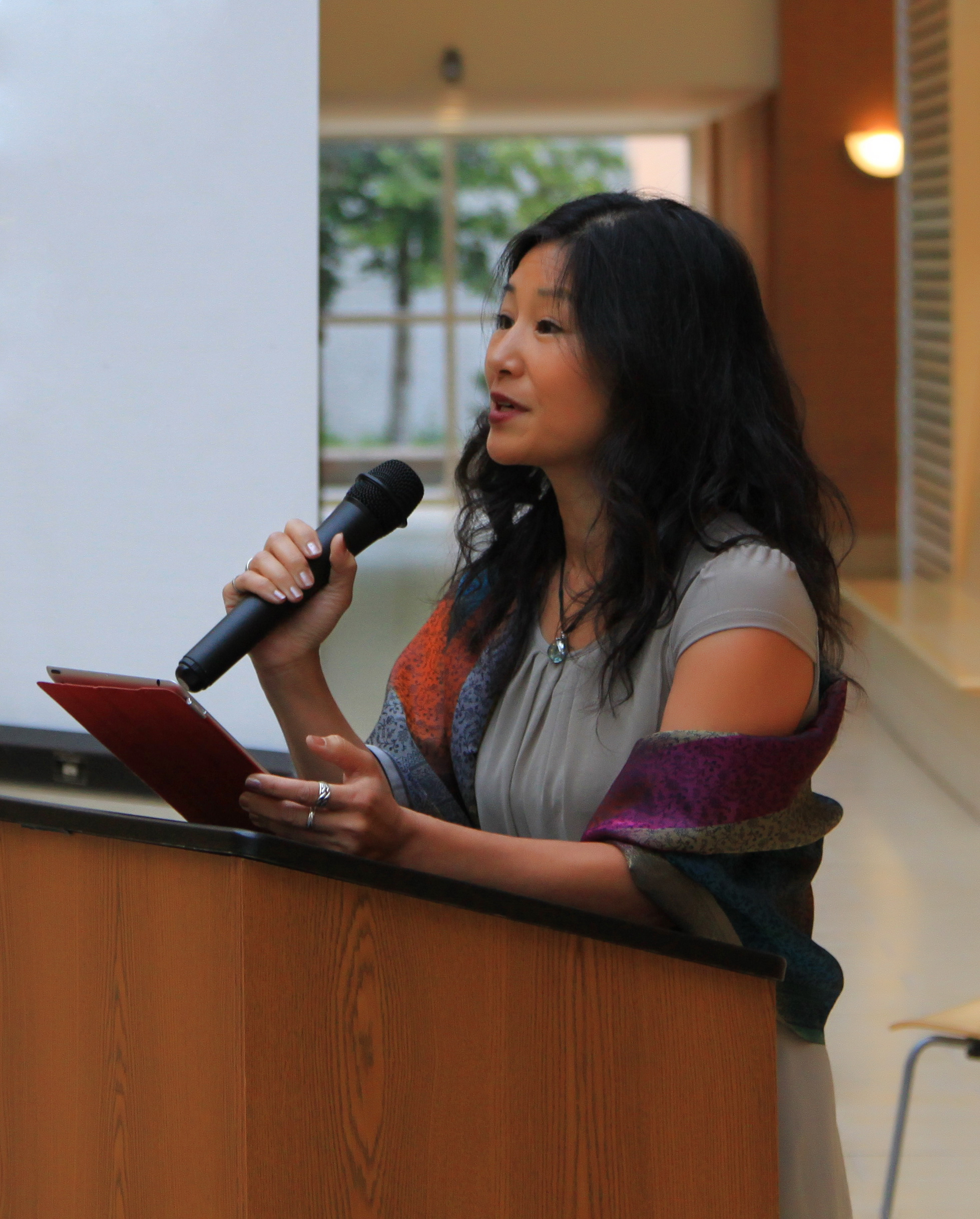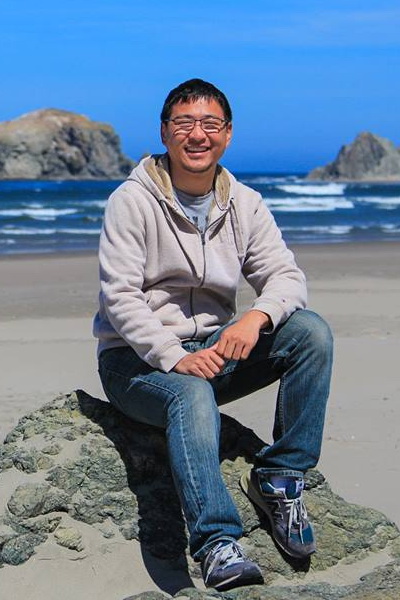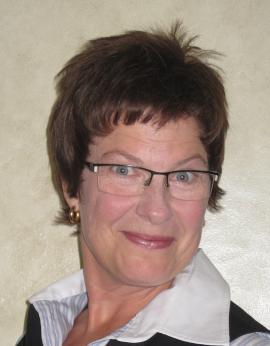
Naoko Ellis, CHBE, Lead
Naoko is a full professor in the department of Chemical and Biological Engineering with an expertise in biomass utilization including biofuels. She is involved in the living lab of the Bioenergy Research and Demonstration Facility conducting biomass tar reforming project. Through training students in the renewable energy research areas, Naoko connects developing technical competencies in engineers to the three pillars of sustainability in engineering training. Furthermore, she has also developed CHBE 573 (Environmental Engineering and Sustainability) which covers sustainability, systems thinking, life cycle assessment, industrial ecology/urban metabolism, adaptive leadership, personal leadership, reflective learning, environmental ethics, social change, mentorship, experiential learning, policy and environmental literacy.
Susan Nesbit, CIVIL, co-lead
Susan is a professor of teaching in the Department of Civil Engineering who has developed or re-developed 9 courses, including 4 core undergraduate courses. Her teaching focus is the interconnection between technical and non-technical aspects of engineering practice and her use of service learning is an exemplar in Harlap, Y., Fryer, M., (2011) “Global Citizenship in Teaching and Learning”, Society of Teaching and Learning in Higher Education, and other books and reports. She co-developed UBC’s sustainability graduating attributes and is currently the UBC Sustainability Initiative Fellows Program Chair. Susan is also currently co-chairing the 7th International Conference on Engineering Education for Sustainable Development, to be held at UBC in June, 2015.
Danielle Salvatore

Eric Dening Jia, Web design
Eric is currently a PhD student in the department of chemical and biological engineering. He is currently in charge of the web design of the initiative.
The following three faculty members each represent different school within APSC. They have expressed strong interest in supporting this initiative.
Tim McDaniels is a professor in the School of Community and Regional Planning at UBC. He formerly served as the Director of the Institute for Resources, Environment and Sustainability, as the Associate Director of the School of Community and Regional Planning, and also as the interim Principal of the College for Interdisciplinary Studies. He also served as interim Director of the Bridge program, an interdisciplinary research-training program linking public health, engineering and public policy, funded by the Canadian Institute of Heath Research. Tim is a specialist in decision sciences and policy analysis, particularly in managing environmental and technology-related societal risks. His current research focuses on climate change adaptation in linked human/ ecological systems. He also has ongoing research projects concerned with building regional resilience in infrastructure systems.
Patrick Condon’s major teaching and research have been in sustainability, specifically in the sustainability of cities. He was the director of a major sustainability research institute on campus, the UBC Design Center for Sustainability. In that capacity he worked with scores of communities in BC and around the world to produce municipal scale sustainable urban design plans. He has held the UBC James Taylor Chair in Landscape and Liveable Environments since 1996, a chair dedicated to exploring the relationship between site and community design and global sustainability. He has published numerous books on the topic, most recently Seven Rules for Sustainable Communities (2010 Island Press). He teaches a large service course on the topic to 200 undergraduates yearly, ENDS 221, Sustainability by Design. Health and societal infrastructure are inextricably linked.
Dr. Lynam’s program of research and community engagement seeks to understand the conditions that contribute to the social sustainability of neighbourhoods. Her research has informed the development of innovative clinical approaches that have improved population health. The intersectoral RICHER clinical initiative has effectively engaged to mitigate the negative impact of community & built environments on health in the inner city. RICHER is currently a clinical practice site for students in a number of disciplines and could provide an enriched interdisciplinary learning environment to enhance discourses of sustainability.
